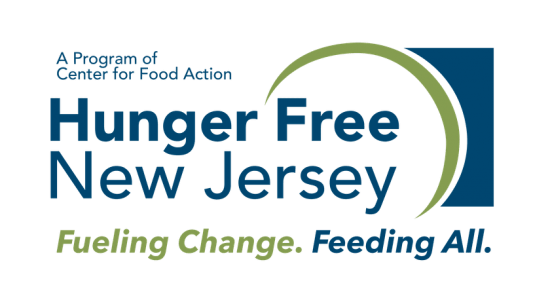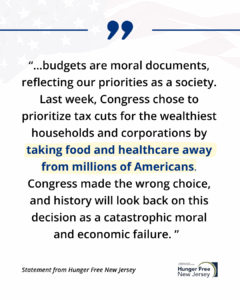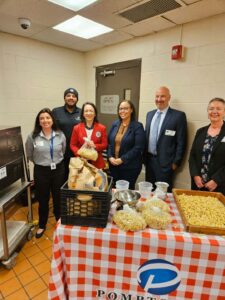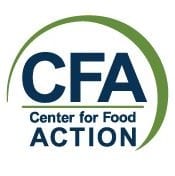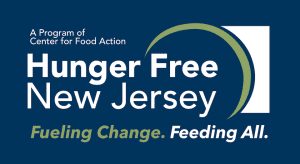Nearly 40 percent of New Jersey’s community college students face hunger, according to the #RealCollege survey released today.
Students of color and non-traditional students are even more likely to experience hunger, the survey found. And, only one in six food insecure students receive help from the Supplemental Nutrition Assistance Program (SNAP, also known as food stamps).
“For the first time, we have detailed statistics about hunger on New Jersey’s community college campuses,’’ said Adele LaTourette, director, Hunger Free New Jersey. “While we have already taken steps to reduce college hunger, this information will help us expand our efforts.’’
The report is based on the #RealCollege survey administered by the Hope Center for College, Community, and Justice at Temple University in the fall of 2019. Seventeen of New Jersey’s 18 community colleges participated, garnering responses from more than 9,110 students.
Hunger Free New Jersey will be part of a statewide coalition just formed by the New Jersey Council of County Colleges (NJCCC). A collaboration among New Jersey’s community colleges, community-based organizations and state and local governments, the coalition will develop a statewide action plan to guide future efforts to help students in need access food, housing, child care, transportation, health care and other social services supports.
The coalition will build upon recent efforts to address college hunger, including the Hunger Free Campus Act, which provides grants to colleges to take steps to reduce student hunger. In 2018, the New Jersey Department of Human Services made students in certain vocational courses eligible for SNAP, expanding the number of students who can access this assistance.
“These were great steps, but there is much more we can do,’’ LaTourette said. “We look forward to working with our community colleges, states agencies and community organizations to develop an actionable plan to ensure all college students have enough food to eat, every single day.’’
Now in its fifth year, the #RealCollege survey is the nation’s largest, longest-running annual assessment of basic needs insecurity among college students. In the absence of any federal data on the subject, the Hope Center for College, Community, and Justice created the survey to evaluate access to affordable food and housing among college students.
Read the New Jersey #RealCollege Hunger report.
Read the national report.
